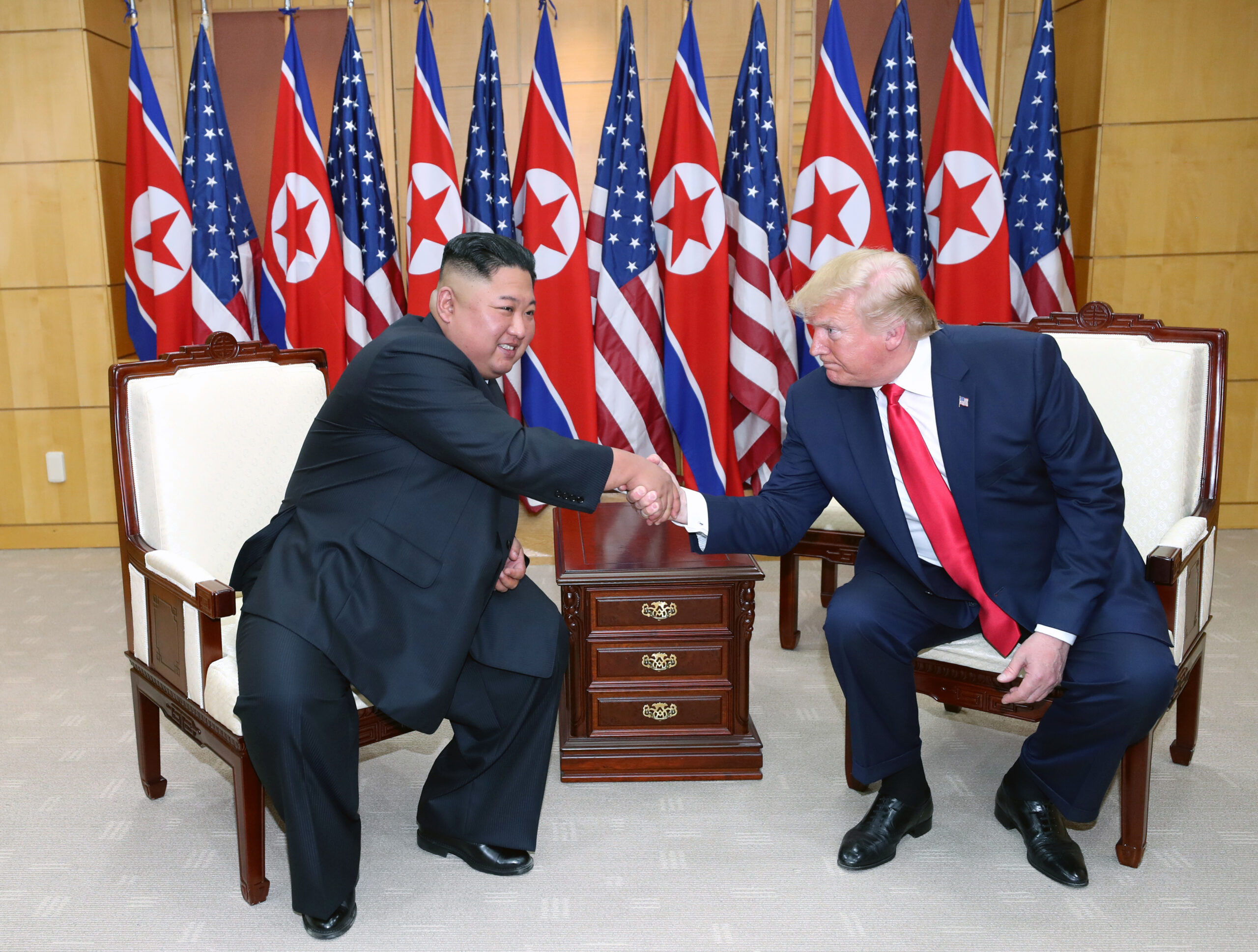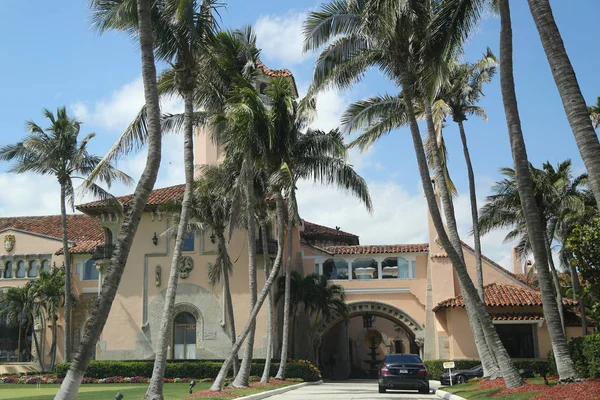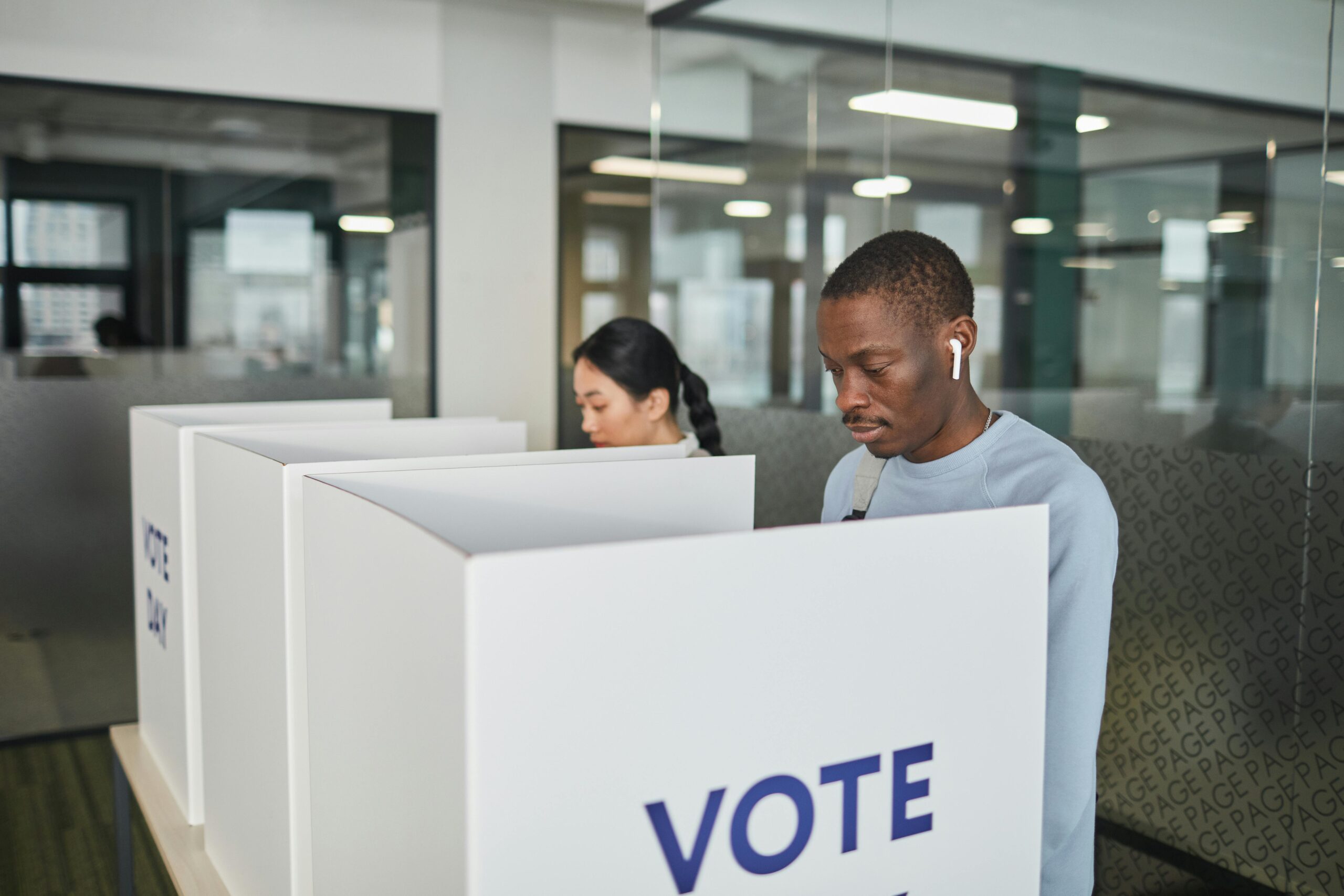Donald Trump’s recent swing through Asia was largely harmonious, as he struck a positive tone in his dealings with everyone from South Korea’s very progressive president, Lee Jae Myung, to Japan’s very conservative prime minister, Sanae Takaichi, to Xi Jinping, who looks more and more like he will rule the People’s Republic of China for life, or at least as long as he wishes to.
One person Trump did not meet, despite rumors, was Kim Jong Un. Kim has signaled an openness to this outcome at some point, but as the Asia-Pacific Economic Cooperation (APEC) Summit drew nearer, those rumors faded. Understanding why this has not happened—indeed, why Kim has largely ignored the U.S. since 2019—means understanding the world at large and how it has changed since the Hanoi summit.
When Trump walked away from the Hanoi summit, and from Kim Jong Un, in 2019, he sounded optimistic that there would be more opportunities. There has been an impasse, and Kim had indeed arrived expecting more than Trump was prepared to offer—keeping much of his nuclear program intact in exchange for the almost complete lifting of sanctions. The Americans arrived expecting negotiations, and Kim effectively expected capitulation.
Trump therefore seemed to assume that eventually Kim would have to moderate his position and try again, because all roads to international acceptance traveled through the U.S., and escaping its sanctions was essential for North Korea. Likewise, Trump probably thought that leaving the Joint Comprehensive Plan of Action (JCPOA) with Iran in 2018 would be the prelude to another deal, one more favorable to the U.S., or perhaps one that imposed more exacting standards on Tehran for its aggressive regional behavior and opaque nuclear program.
Neither outcome has come to pass so far, and for reasons far bigger than developments in either Pyongyang or Tehran. North Korea has had a more complex relationship with what we will call, for the sake of convenience, the “international community” than many realize, having championed the Non-Aligned Movement (NAM) during the Cold War and never being so firmly in the orbit of either the USSR or the PRC as it might have seemed. The Cold War’s end, along with that of the NAM’s relevance, coincided with the failing health of national founder Kim Il Sung, who died in 1994. With that, and with South Korea’s emergence as a global diplomatic player after the 1988 Olympics, North Korea retreated inside itself, focusing on deterrence and internal stability. The former of these developments culminated, starting in the mid-2000s, with a functional nuclear program; the latter with Kim Il Sung passing his leadership to his son Kim Jong Il in 1994, and Kim Jong Il passing it to Kim Jong Un upon his death in 2011.
But the developments above also took place as North Korea acceded to the United Nations in 1991, and, despite its reputation as a “rogue state” in the years that followed, North Korea has continuously declared itself to be a member in good standing of the international community, a sovereign nation worthy of governing its own affairs, and a committed opponent of foreign interference.
Indeed, when one looks at the regime’s actions in the decades leading up to Hanoi, reaching deals with the outside world, only to violate their spirit (such as with the Agreed Framework of 1994 and Leap Day Deal of 2012), it seems fairly clear that the regime had a goal of breaking out of its isolation—first self-imposed for the sake of stability following Kim Il Sung’s death, then imposed from outside by U.S.-led sanctions—to restore the regime’s place of prominence in the world but without having to make major concessions regarding its weapons programs.
With Trump, Kim thought he had such an opportunity. Failure in 2019 did not change his opinion about the suitability of this goal; it only made him look for different routes to obtaining it.
Within the security communities of the U.S. and its major partners in Europe and Asia, concern has been growing in recent years about the emerging alternative “global order”, this one helmed by China but supported by Russia (and even, to an extent, India, though its vision likely differs from the other two). BRICS is in the process of expanding. Beijing has set up a series of alternative institutions to compete with those of the UN. “Non-Aligned Movement” as a term is passé, but the countries it once consisted of are still out there, still feeling underrepresented by the UN and other G7-adjacent institutions, and have more recently been rebranded as “the Global South.” When Russia invaded Ukraine in 2022, it laid bare the Euro-American order’s powerlessness to prevent such actions, and when G7 countries rallied to speak out for Kiev and bolster its defenses, but did not do the same for Gazan civilians who died at Israeli hands after October 7, many voices in the Global South rose with chants of hypocrisy.
Whether Ukraine and Gaza, or Israel and Russia, are clear parallels is beside the point. Beijing’s rise and its tight relationship with Moscow is cause for alarm in many European, North American, and East Asian capitals, but in capitals across Africa, the Middle East, Latin America, and South and Southeast Asia it is a sign that the U.S.-led order is no longer the only game in town. Kim Jong Un recognized this early, which made him comfortable supporting Putin’s Ukraine campaign and swearing off relations with South Korea. And he was not alone—hardliners in Iran were vindicated by the collapse of the JCPOA. The late President Ebrahim Raisi did not seek an amended version of it, but instead invested his diplomatic energies in growing closer to Xi and Putin.
In time, Kim may see an opportunity to serve as a voice for nations of the Global South, just as his grandfather did. For now, what we do know is that he feels comfortable with his current arrangement with China, and especially Russia, and has no need for the South Koreans. Meeting Trump during his APEC stopover, when the South Koreans were hosting, would have validated Seoul, albeit indirectly, something Kim has very little interest in doing.
Some North Korean state media announcements suggest that Kim may be willing to meet Trump eventually—the odds are certainly higher than under Joe Biden or Kamala Harris, whom he almost certainly would have seen as instruments of the old global order that despises him. But if and when they do meet, Trump should be prepared for what he is getting: an emboldened member in good standing of the alternative emerging order, and one who will not negotiate the terms of his own disarmament. Trump and his cabinet should modify their objectives accordingly and set realistic goals. Negotiating complete, verifiable and irreversible denuclearization (CVID) was unrealistic in 2019. It’s absurd now.
The post The North Korean Conundrum appeared first on The American Conservative.


